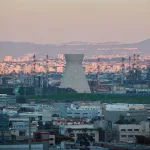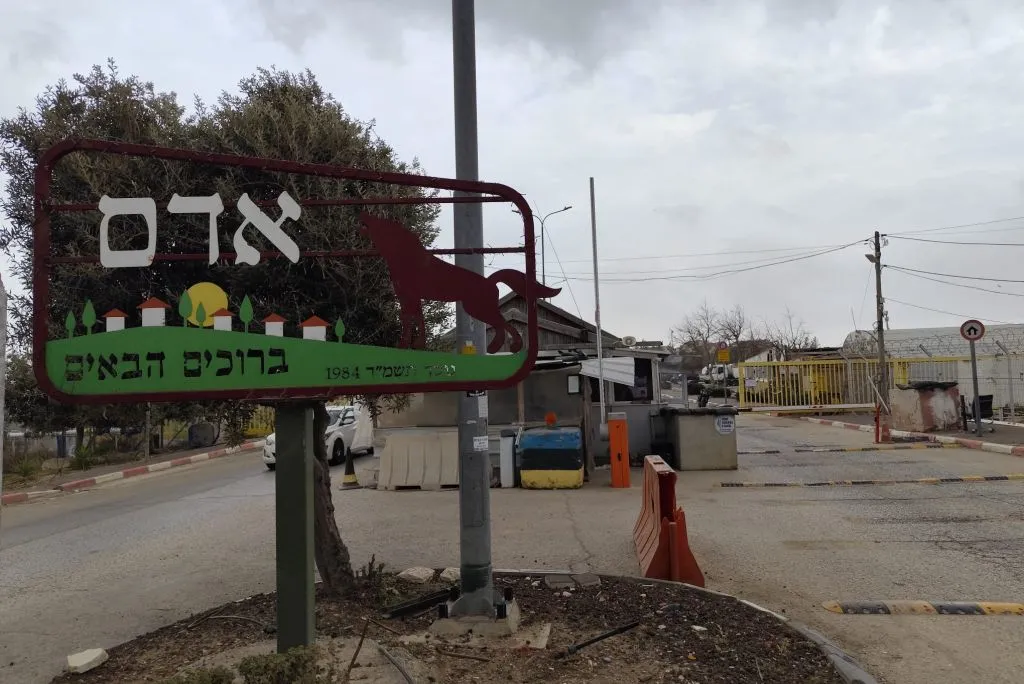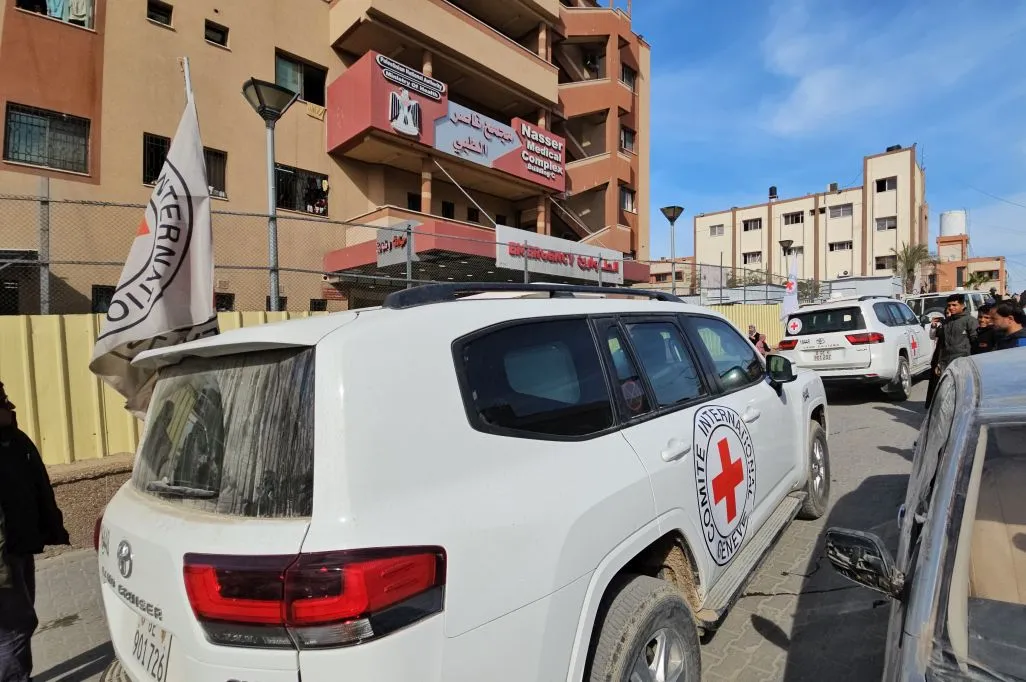Jerusalem, 24 April, 2025 (TPS-IL) — In the hills of Judea and Samaria, where biblical figures once walked, modern archaeologists face a dilemma that has nothing to do with the ancient past they seek to uncover. Israeli researchers find themselves effectively blacklisted by the international academic community, unable to publish findings from some of history’s most significant sites.
The politics-driven policies of the academic archaeological world result in the erasure of biblical history, while the Palestinian Authority’s deliberate efforts to wipe out evidence of the Jewish connection to the land imperiling sites of tremendous historical value.
“I know that I won’t be able to publish the results of my study in any of the leading publications,” says Dvir Raviv, an archaeologist from Bar-Ilan University in Ramat Gan. He recently completed the first season of excavations at Sartaba (Alexandrium) in the Jordan Valley, a fortress built by Hasmonean rulers around 100 BCE.
Raviv’s experience is not unique. Archaeologists from the Hebrew University of Jerusalem conducted research in the same area four decades ago, but their findings never reached international journals either.
The academic boycott stems from the complex status of Judea and Samaria, captured by Israel in the Six-Day War of 1967 and viewed as occupied by most of the world. The 1954 Hague Convention for the Protection of Cultural Property limits archaeological activities by occupying powers, allowing only “salvage excavations” to preserve threatened sites.































